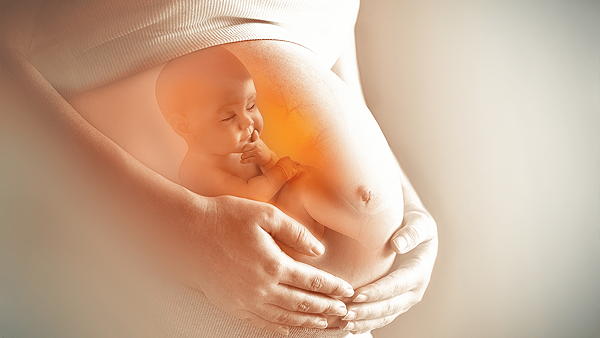Fetal Pain & Pleasure
Acknowledgements: The image here comes from the American College of Pediatricians Position Statement post on Fetal Pain published here. Board Members were asked to review a recent post by Pregnancy Help News here which referenced that official position statement.
The decision to terminate pregnancy has, of late, has been focused on whether an unborn child feels pain as it is killed in the womb. Understandably, many pro-abortion opinions would like to salve their conscience with the belief that the unborn child experiences nothing. The abortionist’s ultrasounds that have made it out of their “procedure” room demonstrate an unborn child trying to move away and escape his killing instruments, contrary to those arguments.
Is fetal pain real? The definition of the term nociception means the perception of pain. Here is my response to the other board members on the Pregnancy Help News article.
Tuesday, Mar 2, 10:44 AM
To: ACPeds Board Members
I too agree this was a very good article. I have had some thoughts about this for a while that might be food for thought.
It is interesting how even C. S. Lewis explored animal pain as opposed to human pain. He associated the conscious perception of pain along a stream of time. He thought humans were capable of “conscious experience” and other animals were not. Pain seems to hinge on what exactly is consciousness. To this day, no one has the answer, but I think it is clear that whatever it is, consciousness has a view of all past and currently streaming experience.
If my pet has a painful experience, are any reactions to avoid a repeat the result of a conscious stream of experience? Or do they have a simple Pavlovian response? Awareness of, and dependence upon, patterns of past experience suggest habitual reactions depend on a consciousness peering down on a stream of experience. To be clear, I respectfully disagree with Lewis’s thinking that non-human animals don’t experience pain.
Pain, however, is not a thing by itself, but the negative end of a spectrum ranging from pain to pleasure. The argument that a human fetus experiences pain needs also to say something about fetal pleasure. Why do we find unborn children sucking their thumbs, for example? Why do they have periods of rest and then periods of kicking and twirling about in utero, which we also see in children laughing and playing and rolling about on a playground?
It is my belief that evidence of both pain and pleasure is experienced as soon as the physical neural pathways are established. This necessarily means that a child’s consciousness is already present before the pathways are up and working. Science cannot tell us when consciousness comes about. It will never be able to that.
The whole issue of pain really comes down to whether one thinks a child is a person. If a child reacts to pain and exhibits pleasure in utero just as they do after birth, then the answer must be that they are indeed persons with conscious experience. The pro-abortion, social line, though they won’t admit it, is really not about whether an unborn child is a person, but when can we justify killing them so that they don’t feel it and we don’t see it.
Warmest regards,
Ron Smith, MD
Storybook Pediatrics
https://www.storybookpeds.com

